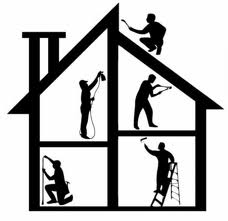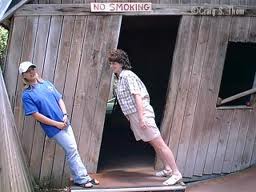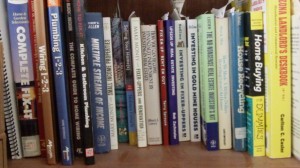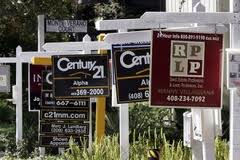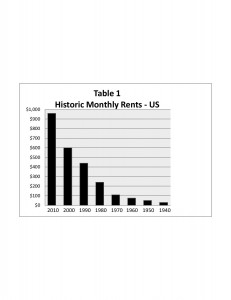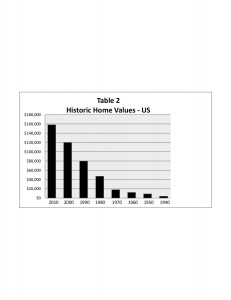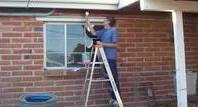“Situations have ended differently than what I expected, but I would never consider that a failure. A no is just a no for today, it doesn’t have to be a no for tomorrow.”
–Amanda Guralski, I Am Not a Smartie Pants
In my never ending (Quijotesque) quest to inform people about how to turn their home into a rental house, Wednesday, July 10th, I will be appearing on the Morning Blend television show, channel 9, sometime between 11:00 am and noon (Tucson time). For those of you not in the Southern Arizona area, the show will archive the interview on their web page.
As we discuss my (and co-author Angy’s) book, Turn Your Home into a Rental House Instead of Selling It!, one topic that will probably be discussed, is the advantages and disadvantages that are an intrinsic part of this business of renting houses.
The upsides to owning rental properties – monthly income and long-term increase in equity – are nice to have, but before jumping in it’s wise to consider the downside of the equation too. Here are some disadvantages that we like to look at as small and manageable issues rather than big obstacles.
- There is work required to prepare your house to rent out;
- Time must be spent finding and managing tenants;
- Life is fraught with problems. Even tenants have a few.
In truth, these things take time to learn. Like riding a bicycle, you learn to buy, repair and manage properties, by doing it. There were times when we were just beginning our business that Angy and I were so frustrated by tenants that we wanted to throw in the towel. But, we kept on going, and we got better at it.
As Aristotle said,
“We are what we repeatedly do. Exellence is not an act but a habit.”
Upcoming Interviews
On Friday, July 13th, at 8:40 a.m. (eastern time) I will be a guest on Mark Wayne’s radio show, WICH 1310 AM, in Norwich, Connecticut.
On Thrusday, July 25th, at 5:08 a.m. (central time) I’ll be on Jeff Anderson’s show, KSDR 14480 AM, Watertown, South Dakota.
Watch this space for information on additional interviews.
Related Articles

